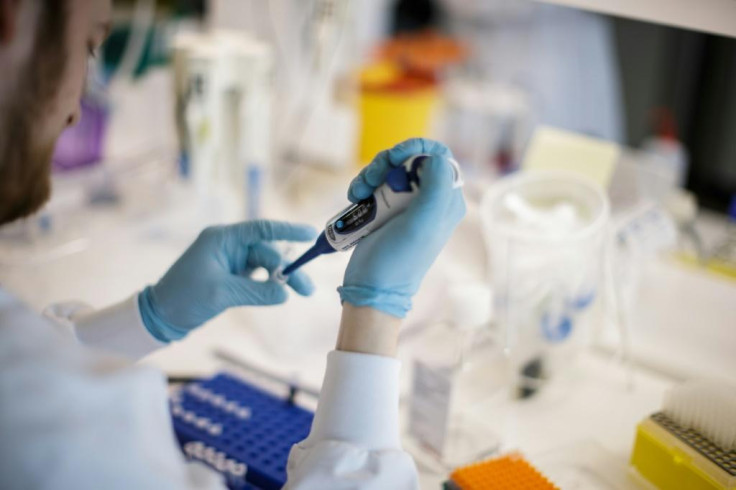Scientists considering human challenge trials for testing SARS-CoV-2 vaccine
Despite the risks involved, it appears that there are folks who are surprisingly willing to participate in this procedure.
It seems that several clinical trials across the globe have reported major breakthroughs in the quest for a 2019 novel coronavirus vaccine. So far, many are already in the later stages of testing with promising outcomes in volunteers. In an effort to push the studies forward, there have been suggestions from experts to conduct human challenge trials to evaluate the effectiveness of COVID-19 inoculation. However, due to ethical and practical reasons, many are not in favour of the proposal.
So far, the submitted data from the vaccine trials have yielded what researchers hoped for. Even with varying dosages delivered for each individual, antibodies were produced by their immune system that would immediately recognize SARS-CoV-2 the moment it enters the body. Theoretically, this would trigger a response that will prevent the virus' spike proteins from latching onto healthy cells and replicating.
For now, they are waiting for this to happen naturally, which is when an inoculated subject is unintentionally exposed to anyone already infected by the 2019 nCoV. Evidently this might take a while to happen given the precautionary measures enforced by public health officials. Thus, others hope to fast-track the process through the deliberate introduction of the virus in a controlled laboratory setting, as reported by The New York Times.
It was also brought up that in the past, human challenge trials were approved for vaccines against malaria, cholera, and typhoid among others. Meanwhile, as for COVID-19, the biggest caveat as to why it is being debated upon in the absence of a proven cure for the disease in question. Nevertheless, it appears that there are folks who are surprisingly willing to participate in this risky procedure.
Moreover, some advocates already outlined how this would be closely monitored under strict quarantine facilities. If ever a volunteer falls ill, the best available treatments such as remdesivir and convalescent plasma from people who recovered from COVID-19 will be administered immediately.

So far, none of the supporters has been publicly identified as of this writing. Given the severity of the pandemic, it might not be a surprise that several high-profile biotech groups are on board. In fact, analysts claim that this will happen eventually when new cases spiral out of control.
© Copyright IBTimes 2025. All rights reserved.





















